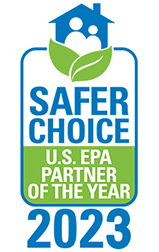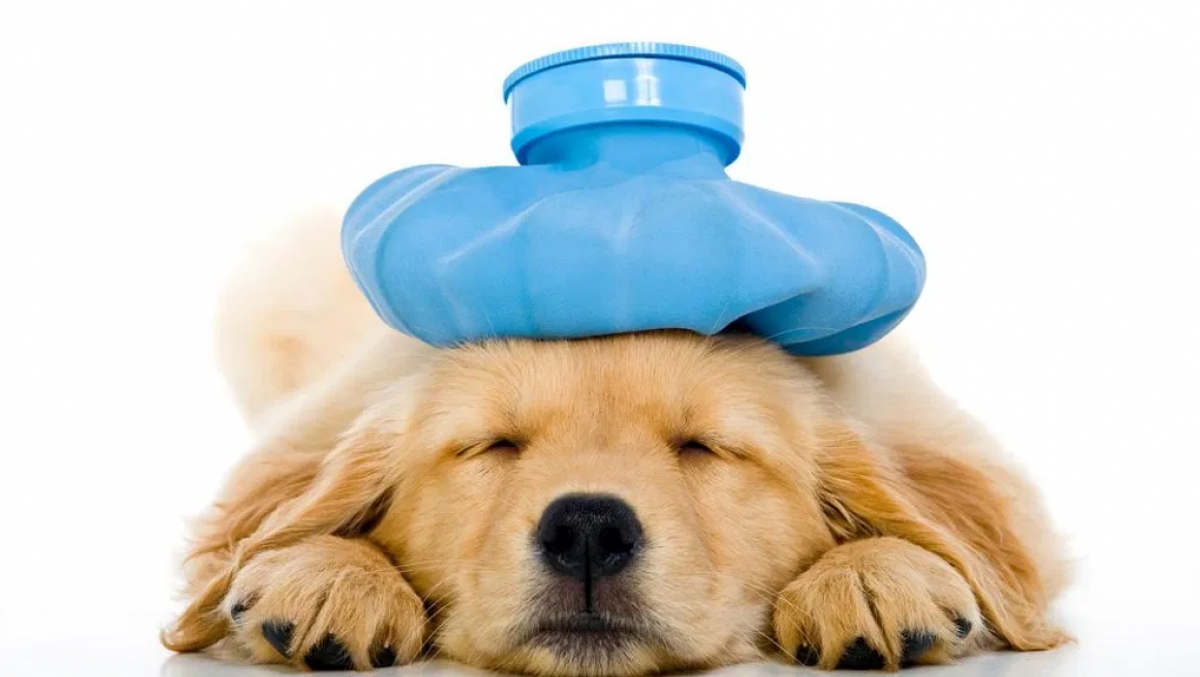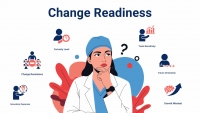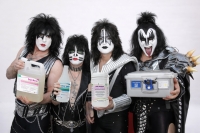
Summer Heat
The dog days of summer are the hot, sultry days of summer from early July through August. They were historically the period following the heliacal rising of the star system Sirius, which Hellenistic astrology connected with heat, drought, sudden thunderstorms, lethargy, fever, mad dogs, and bad luck. After coming inside from a miserably sweltering walk with my dog, Belle, I asked my husband to take her to the groomer for a short haircut. Of course he forgot, but this time I was relieved. I did a little digging and learned that during the dog days of summer a long coat gives our furry friend protection from the heat.
Climate Change on Steroids
It is unequivocal that human influence has warmed the atmosphere, ocean and land reports the Intergovernmental Panel on Climate Change. The milder summers of our parents and grandparents are gone forever. This has been a year of extreme weather and this summer it is expected to get worse. According to the CDC, a record number of people have died from excessive heat. Weather has become a deadly public health threat. It is very clear that—with global warming now heating the world to 1.2 degrees Celsius above its average in the late 19th century—summers are dramatically ramping up. “There’s no question that summers have changed,” says Kristie Ebi, an epidemiologist who specializes in heat-related health risks.
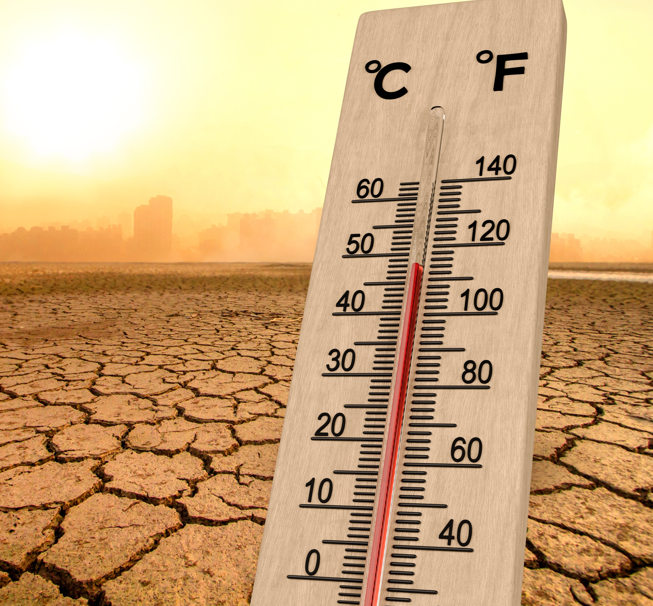

What Have We Done
Scientists agree that human activity is the primary driver of what we’re seeing now worldwide. At the root of climate change is the phenomenon known as the greenhouse effect, the term scientists use to describe the way that certain atmospheric gases “trap” heat that would otherwise radiate upward, from the planet’s surface, into outer space. Our ways of generating power for electricity, heat, and transportation, our ways of interacting with the land, and our consumption habits together serve as the primary drivers of climate change. Since the Industrial Revolution, human activities have released large amounts of carbon dioxide and other greenhouse gases into the atmosphere, which has changed the earth’s climate. Natural processes, such as changes in the sun's energy and volcanic eruptions, also affect the earth's climate. However, they do not explain the warming that we have observed over the last century. According to the Environmental Protection Agency, , it is extremely likely (> 95%) that human activities have been the dominant cause of that warming. Carbon dioxide, methane, and nitrous oxide concentrations are now more abundant in the earth’s atmosphere than any time in the last 800,000 years. These greenhouse gas emissions have increased the greenhouse effect and caused the earth’s surface temperature to rise.
How To Remain Safe
- Drink plenty of fluids
- Stay in an air-conditioned room
- Stay out of the sun
- Check up on relatives and neighbors
- Take extra precautions when outside
- Wear lightweight and loose-fitting clothing
- Try to limit strenuous activities to early morning or evening
- Take action when you see symptoms of heat exhaustion and heat stroke


History is Undergoing a Major Change
Summer just started and we are experiencing the hottest days of summer ever with temperatures approaching 100 Degrees F right here in NJ. Nonetheless, individuals and industry are moving in the right direction. Renewable energy is growing every year—and with that growth comes a corresponding decrease in pollutants. And companies, like Case Medical, a U.S. EPA Safer Choice Partner of the Year for manufacturer/formulator take the issues of sustainability and health very seriously by producing truly reusable products to reduce waste, identifying methods to reduce reprocessing times, manufacturing safer chemistries that use less energy, perform at lower temperatures, and can be dispensed directly into the wastewater stream. Humans and animals can suffer from heat illness. Headaches, heat stroke, and exhaustion are only a few examples of illness associated with climate change. A few signs of heat illness in pets are rapid or irregular heart rate, excessive drooling, lethargy, refusal to eat, or excessive panting. So, make sure that you and your pets are safe and hydrated!
Visit us anytime at www.casemed.com to learn more about our products and services. We are here to help. Case Medical is a U.S. EPA SAFER CHOICE Partner or the Year for Manufacturer Formulator and recognized in NJ as Innovative Manufacturer of the Year.
Kindest Regards,
